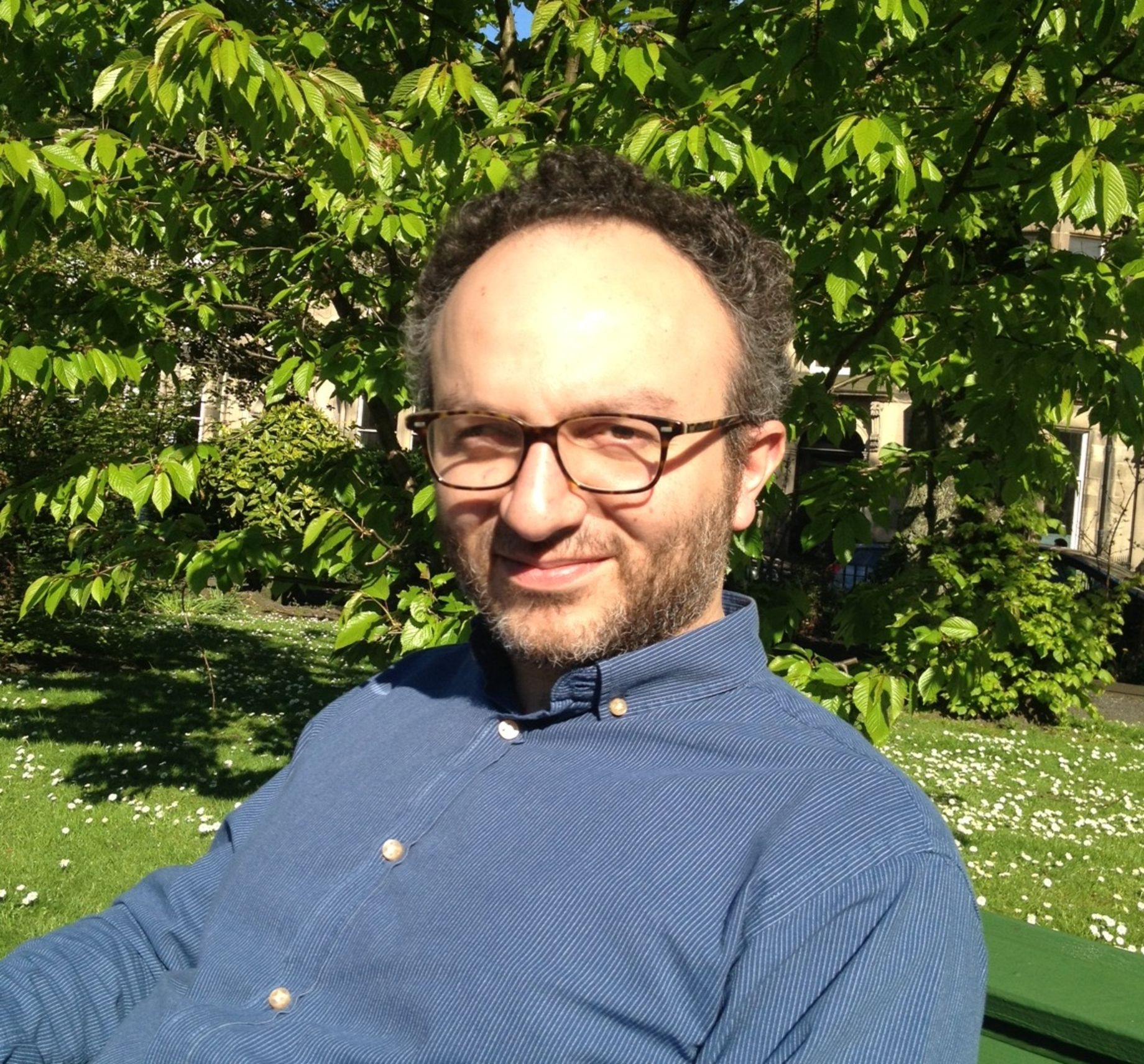2022/2023
Politics of the Aftermath: Tradition, Memory and Temporality in the Lebanese Left, 1969-1987
Politics of the Aftermath is a history of the rise and fall of the Lebanese left and its various intellectual, political and artistic afterlives. Through following different theoretical arguments that marked the development of this tradition, the proposed manuscript narrates one aspect of the historical arc that links the disappointment with the Marxist moment to our post-revolutionary present. In addition to providing a history of the present intellectual conjuncture, Politics of the Aftermath locates in this experience and its afterlives a sense of afterness that provides a different temporal grounding for a critique of the present.
2016/ 2017
Politics of the Aftermath: Tradition, Tragedy and Temporality in the Lebanese Left
Politics of the Aftermath: Tradition, Tragedy and Temporality in the Lebanese Left is a history of the rise and fall of the Lebanese left narrated through some of its intellectual, political and artistic afterlives. Starting in the mid-sixties, the narrative follows the emergence and establishment of a leftist front in the years leading to the Lebanese civil war, before zooming in on the disillusionments of the seventies and the final collapse of this revolutionary project in the eighties. The book project reads this historical arc as the history of the political and intellectual conjuncture that defined our present in an attempt to provide a different history for a changed post-revolutionary present. During his stay in Berlin, Frangie will be working on three chapters pertaining to this broad narrative. The first is an investigation of the relationship between the notions of tradition and political criticism, in an attempt to historicize the practice of criticism. The second chapter, entitled “Generations of the left”, focuses on the artistic representation of the left among post-war Lebanese Artists. As for the last chapter, “The Disembodiment of the Left”, it examines the manifold autobiographical narratives that were produced by the generation of the sixties, reading into them narratives of disembodiment following the end of the ideological age.
2013/ 2014
Yasin al-Hafiz’s Tragic Self: Subjectivity, Historicism and Defeat
As a EUME Fellow, Frangie will be working on the intellectual trajectory of two Arab intellectuals, Yasin al-Hafiz (1930-1978) and Abdallah Laroui (b. 1933), and their intersections in the aftermath of the defeat of 1967. This project is part of a broader book project on the transformation of political critique in the Arab world.


